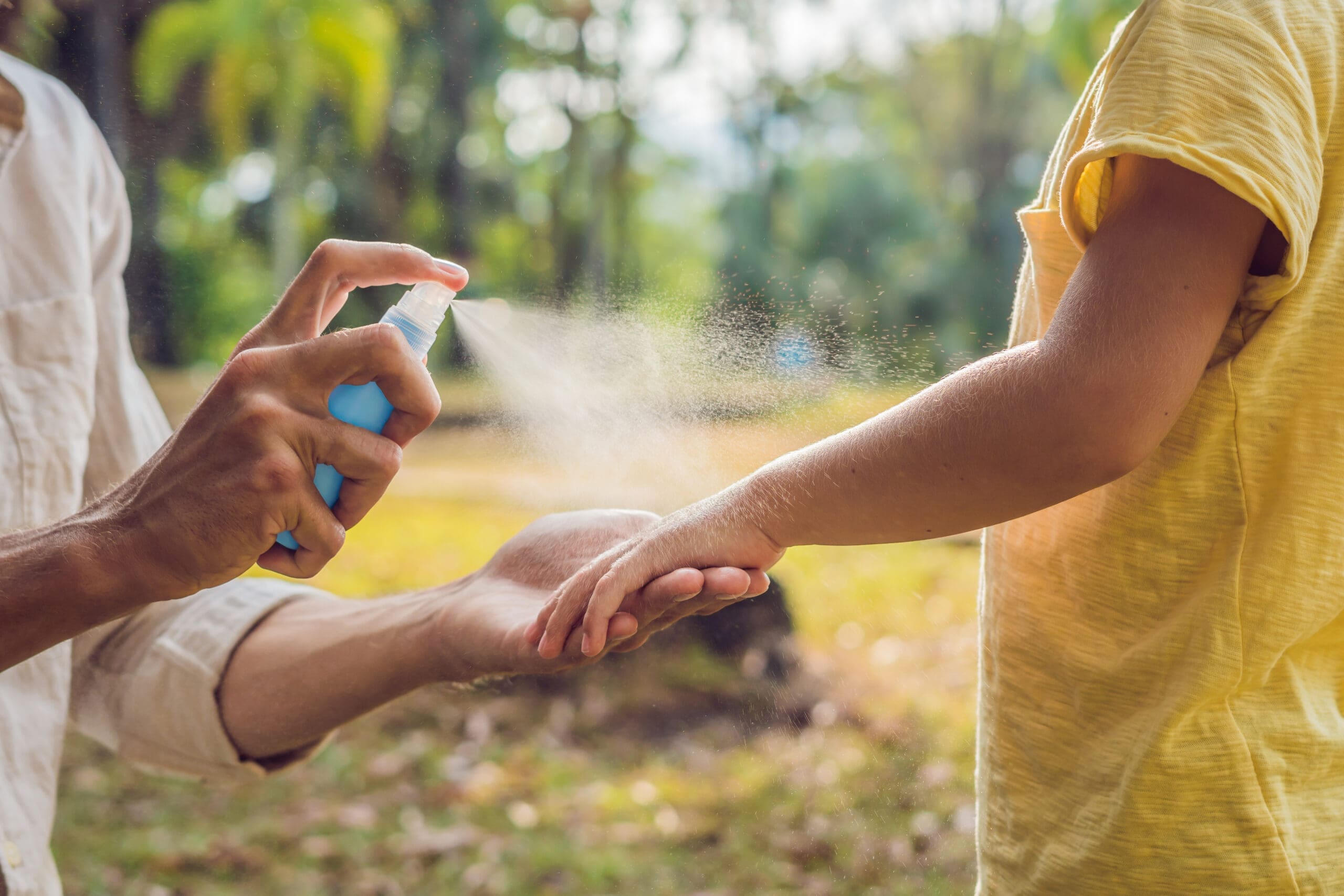Malaria is a serious, sometimes fatal, disease that is caused by a parasitic infection of the red blood cells.
There are 4 kinds of malaria parasite that can infect humans:
- Plasmodium falciparum, which is the most serious form of malaria, and can be life-threatening;
- Plasmodium vivax, which is less serious and not usually life-threatening;
- Plasmodium ovale, which is not usually life-threatening; and
- Plasmodium malariae, which is not usually life-threatening.
There have also been some human cases of malaria resulting from infection with Plasmodium knowlesi, a species that causes malaria among monkeys in South-East Asia.
Malaria is contracted by the bite of mosquitoes. When an infected mosquito (the Anopheles mosquito) bites you, it injects the malaria parasites into your blood. These parasites then travel through the bloodstream to the liver where they multiply. During this time, when the parasites are in the liver, you will not feel ill.
The parasites then leave the liver and enter the red blood cells where the parasites grow and then burst the red blood cells, allowing them to move to another blood cell. At this stage, the parasites release toxins into the bloodstream and you will begin to feel ill.
How common is malaria?
The World Health Organization (WHO) estimates that each year, more than 200 million people are infected with malaria worldwide.
Malaria is a common problem in areas of Asia, Africa and Central and South America. Unless precautions are taken, anyone living in or travelling to a country where malaria is present can contract the disease.
Symptoms of malaria
The symptoms of malaria consist of fever and flu-like illness, including shaking, chills, headache, muscle aches, tiredness and a general feeling of being unwell. Because the symptoms are so general, malaria is often misdiagnosed. Nausea, vomiting and diarrhoea may also be present.
Malaria can also cause anaemia and jaundice (yellowing of the eyes and skin) because of the damage to the red blood cells.
If not promptly treated, the most serious form of malaria (Plasmodium falciparum) may cause kidney failure, seizures, mental confusion, coma and death.
For most people the symptoms of malaria will begin 7 days to 4 weeks after the mosquito bite. However, the incubation period may be longer if you have taken an inadequate course of malaria prevention medicines.
Two kinds of malaria (Plasmodium vivax and Plasmodium ovale) can cause relapses and some parasites may remain dormant in the liver for up to 4 years after you have been bitten by a mosquito.
Malaria diagnosis
Malaria is diagnosed by checking the blood for the malarial parasites (a blood film test). If you become ill with a fever or flu-like illness while travelling in high-risk areas and up to one year after returning home, you should immediately seek medical attention. You need to tell your doctor that you have been travelling in countries where malaria is a risk.
While a single positive blood test result is proof you have malaria, a single negative test is insufficient to exclude it. If you or your doctor suspect that you have malaria, at least three negative blood film tests can be required to make sure you don’t have malaria.
Treatment
Malaria is treated with certain types of prescription medicines. However, the type and length of treatment depends on which kind of malaria is diagnosed, where you were infected, how old you are, and how ill you were at the start of the treatment.
Preventing malaria
- Before leaving for an area where malaria is a risk, visit your doctor to find out about antimalarial medicines. Normally, antimalarial medicines are taken for several days to a week before you travel and continued for one to 4 weeks after you return.
- The most active time for the mosquitoes that transmit malaria is from dusk till dawn and you should try to avoid going outside during this time, if possible.
- Wear long-sleeved shirts and long pants in light colours when going outside after dusk.
- Use mosquito repellents containing DEET (N,N-diethyl m-toluamide). However, do not apply these repellents on the hands of children who may wipe their hands on their eyes or put their hands in their mouths.
- Sleep under a mosquito bed net that has been treated with permethrin insecticide if you are not staying in a screened or air-conditioned room.
- Use insect sprays containing pyrethrum in your living and sleeping areas. Lighting a ‘mosquito coil’ can also be effective.
It is still possible to get malaria even after using all the prevention measures, so if you experience any of the symptoms of malaria seek medical attention as soon as possible.

